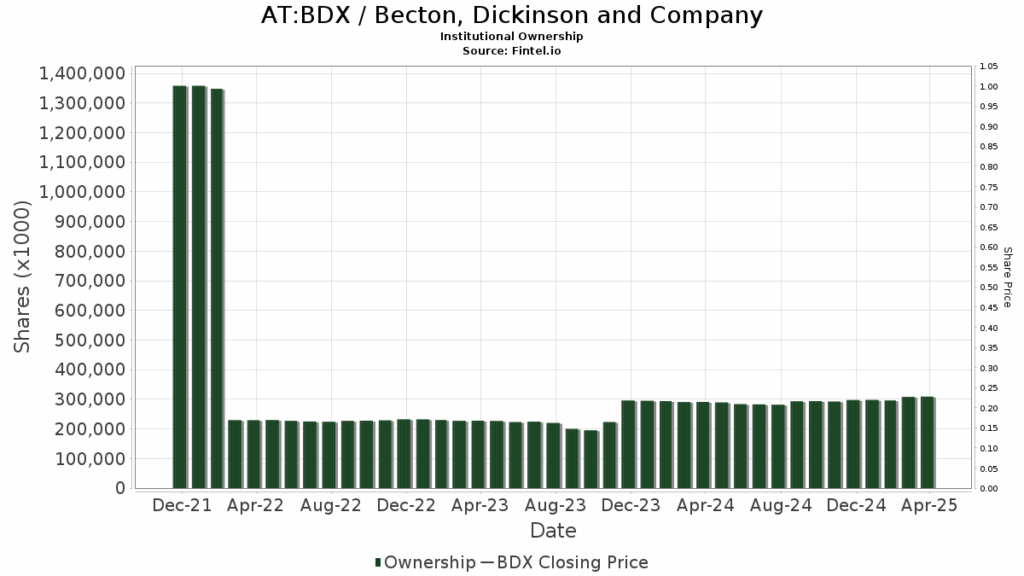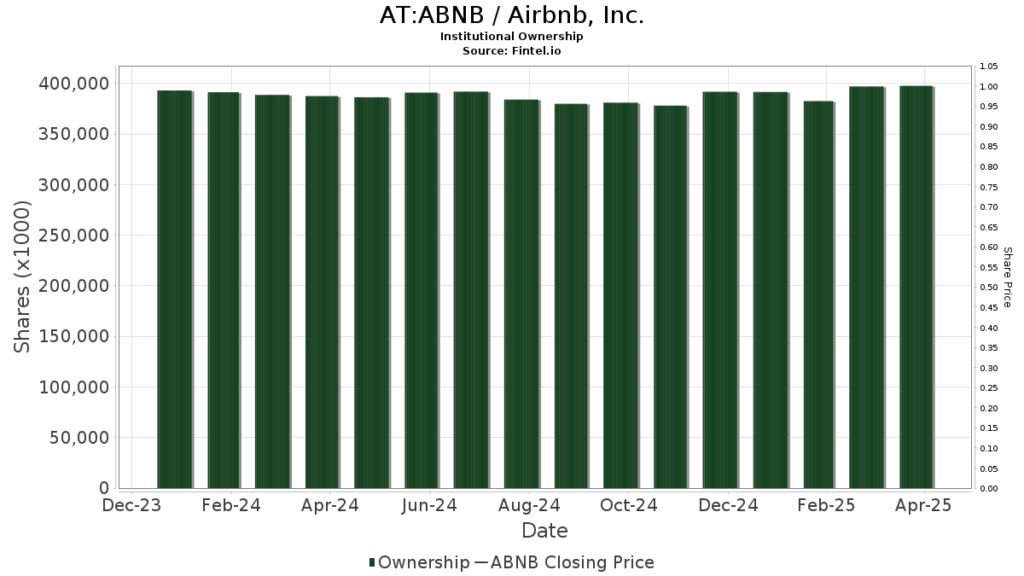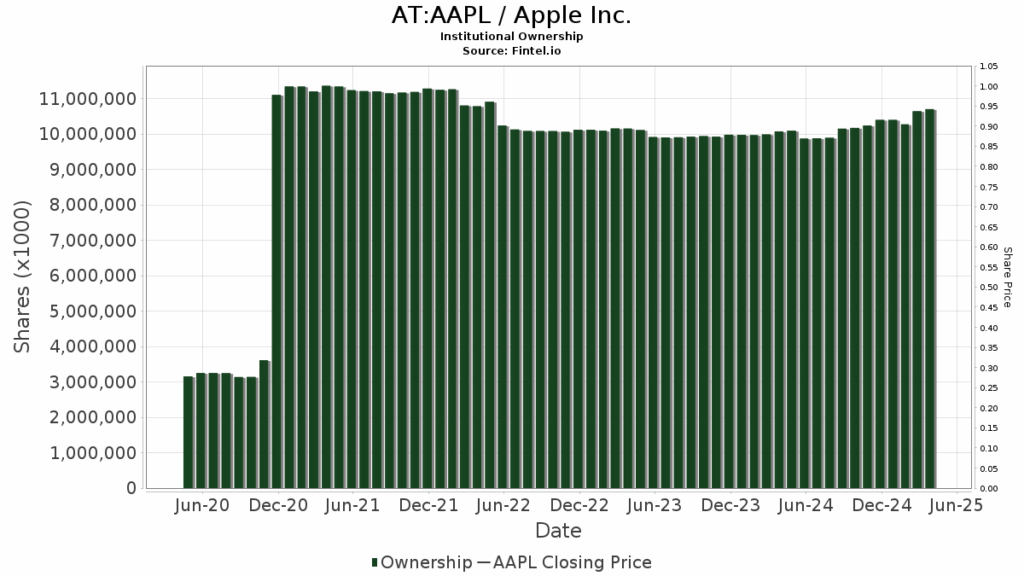Meta Platforms Posts Strong Earnings Amid Emerging Tariff Effects
Shareholders of Meta Platforms (NASDAQ: META), one of the well-known Magnificent Seven stocks, received encouraging news following the company’s April 30 earnings report. The strong performance resulted in a more than 4% increase in shares the next day. While Microsoft (NASDAQ: MSFT) outperformed expectations, Meta’s total return stands at approximately -2% for 2025, making it the second-best performer in the Magnificent Seven. Microsoft has managed a small gain of around 1% this year.
This performance is significant against the backdrop of a broader decline, as all other Magnificent Seven stocks are down over 10% so far in 2025.
Strong Earnings Performance for Meta
Meta’s recent earnings report highlighted its strength in several key areas, including revenue, adjusted earnings per share (EPS), and forward guidance. The company’s quarterly revenue rose by 16%, reaching $42.3 billion—about $1 billion exceeding Wall Street analysts’ expectations. Adjusted EPS was reported at $6.43 per share, surpassing forecasts by approximately $1.20.
Additionally, Meta’s revenue guidance for Q2 projected a midpoint of $44 billion, suggesting a 13% growth rate and exceeding estimates by around $200 million. Key performance indicators remained robust, with daily active users (DAP) across its apps growing by 6%, outpacing the 5% increase from Q4 and Q3 of 2024.
Further underscoring the firm’s advertising strength, the price paid for ads showed consistent 10% growth, maintaining this level for four consecutive quarters. Consequently, the company’s operating margin improved by 360 basis points year-over-year to exceed 41%.
Increased AI Investment and Tariff Impact
Meta has announced a significant increase in its capital expenditure (CapEx), raising the midpoint of its 2025 guidance by nearly 9% to $68 billion, primarily for AI infrastructure. This indicates the company’s commitment to its AI strategy, which has already enhanced its advertising business.
The success of Meta’s AI-driven recommendations is evident in user engagement. In the past six months, time spent on Facebook and Instagram rose by 7% and 6%, respectively, while Threads saw a remarkable 30% increase. Furthermore, ad conversions on Reels improved by 5%, and there was a 30% rise in the number of advertisers using its creative AI ad-making tools, which collectively boost the value of advertising on Meta’s platforms.
However, increased guidance also factors in rising AI infrastructure costs, which might affect future returns on investment. These costs are largely attributed to suppliers operating within global supply chains, suggesting that tariffs are beginning to influence Meta’s operations.
On the demand side, Meta pointed out a decline in ad spending from Asian e-commerce firms in the U.S., linked to the upcoming elimination of the de minimis rule effective May 2. Companies like Temu and Shein are notably impacted, although Meta highlighted that some spending is being redirected to its international markets. Still, this shift could not completely counterbalance the decline.
Meta’s Strong Position Amid Challenges
Overall, while tariffs are impacting Meta, the effects appear to be manageable at this stage. Investors must remain vigilant, especially as Trump’s 90-day reciprocal tariff pause ends on July 9, which might have more pronounced implications for Meta’s demand in Q2.
Additionally, the significant 145% tariffs on China, which were only implemented on April 9, may lead to a delayed impact on advertising demand from the region, which is not likely to fully materialize until the company’s Q2 earnings report. Despite these emerging challenges, Meta retains a strong market position at present. Following the earnings announcement, 19 analysts monitored by MarketBeat have adjusted their price targets upward.
The views and opinions expressed herein are the views and opinions of the author and do not necessarily reflect those of Nasdaq, Inc.


